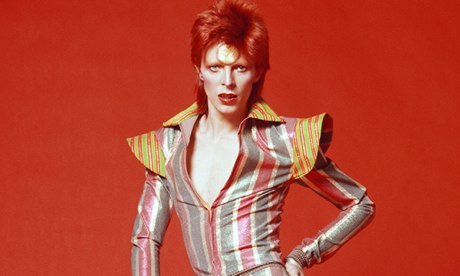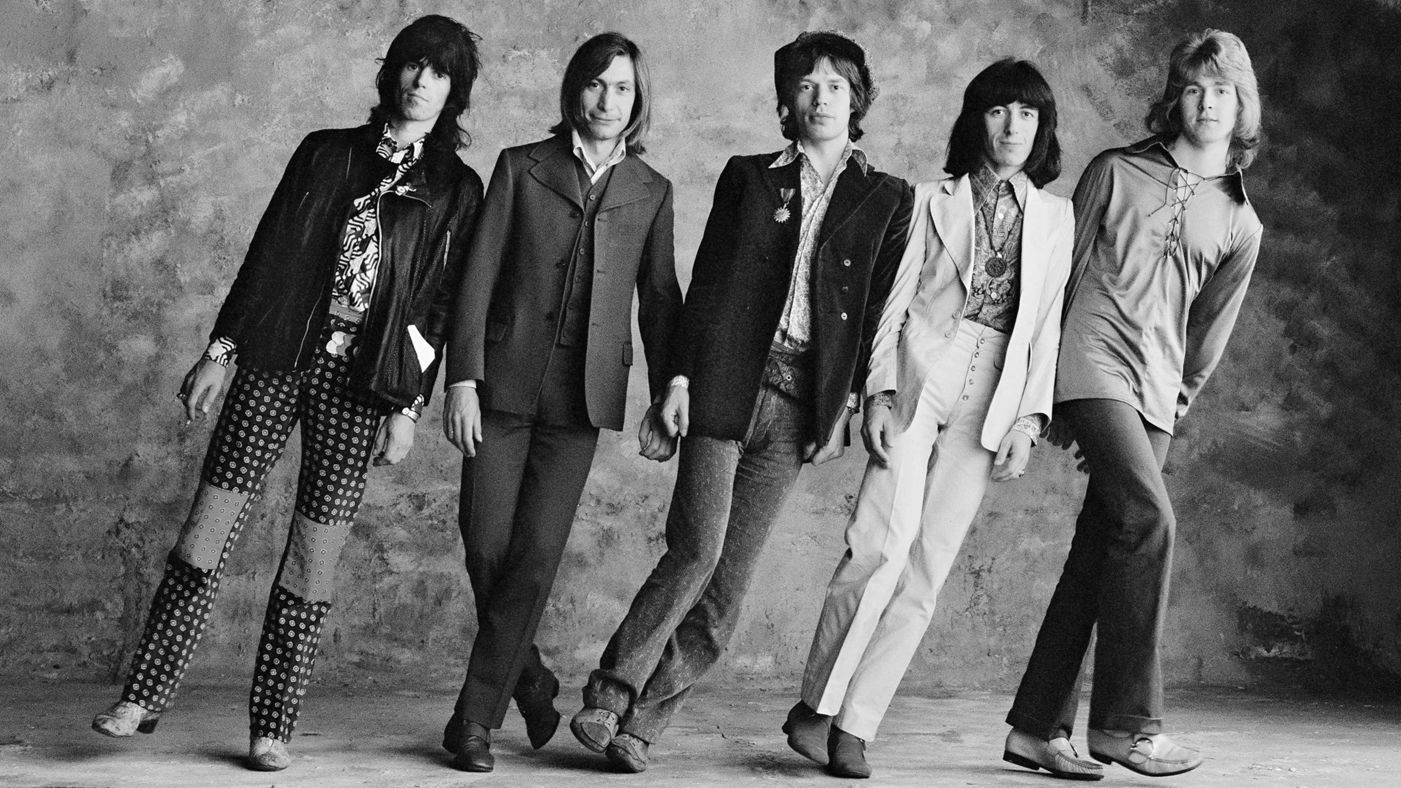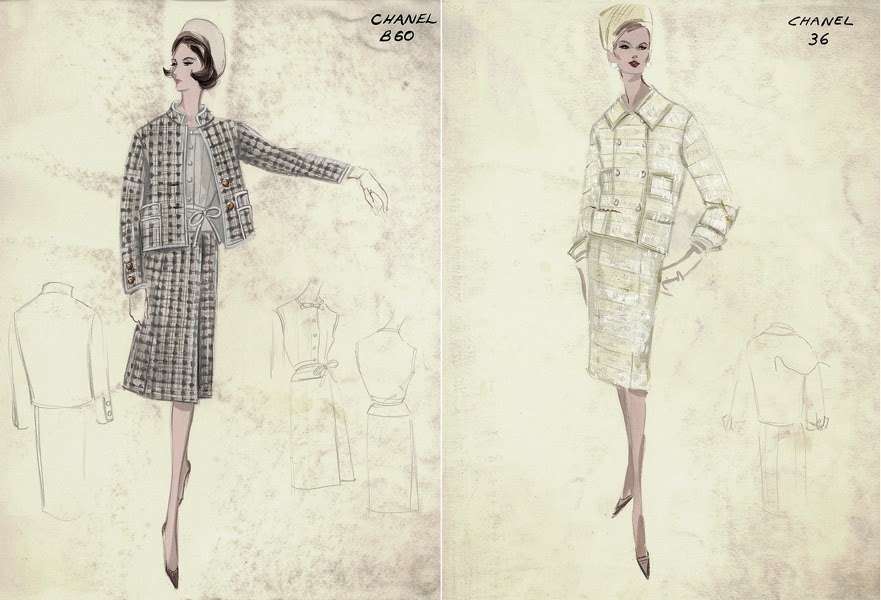Why Moving Forward Means Looking Back
JWT London's head of art, Dave Dye, says the past is a rich source of inspiration for the future.
After 20 years in the business, award-winning art director Dave Dye has learned a thing or two about creative inspiration. Now head of art and creative director at JWT London, he argues that the industry should embrace, not shun its history.
Great advertising is original.
It’s fresh, exciting and unfamiliar.
Old advertising? It’s stale, familiar and irrelevant.
We need to be modern and ‘of today’ (ideally ‘of tomorrow’).
We need to innovate.
So don’t look back, look forward, to the future.
It’s a familiar refrain.
But, and I hate to be picky, the future doesn’t exist.
It’s a theory, a notion, a little fluffy cloud in the distance.
So it’s impossible to tap into if you’re stuck and need some inspiration.

Brains can’t work in a vacuum: like hard drives they need data. Without it they can’t make connections. And connections, particularly surprising, weird idiosyncratic ones are the fuel of originality.
My friend, the typographer Dave Wakefield, used to be in a band with a young David Bowie.
I asked him whether he suspected Bowie would become famous?
“Of course, we all knew.
He wasn’t like us.
We were all into the same stuff, whatever clothes were trendy, whatever music was new.
David was into all sorts of weird stuff, old music hall albums, oompah bands, Japanese clothes, strange, unpopular TV shows.
Things that were ‘uncool’.”
Those weird, arcane references helped create an original.

The key component is us, because we all see things through a different lens. It means even if we try to copy it’s hard not to add our own personality.
A white band from Dagenham copied the black singers from the Mississippi Delta. Result: The Rolling Stones.
They weren’t trying to be original.

As an industry, we need to stop pretending advertising didn’t exist before last Tuesday and embrace our history.
Other creative industries use their past to create original products for today.
Fashion houses like Chanel are constantly re-inventing their back catalogue; Quentin Tarantino wouldn’t have a career if it wasn’t for the history of film; and music – have you ever read an album review that didn’t reference the artist’s influences? (It’s usually Nick Drake.)

We, on the other hand, worry that if we look back, we look old.
It’s one of the reasons that a lot of comms at the moment is so desperate to look ‘new’ that it’s no more than a bit of tech with a logo sellotaped to it.
‘Comms’ isn’t a new word, it’s an abbreviation for ‘communications’.
Communicating. To human beings.

The key to communicating well, whether in comms or life, is understanding the human on the other end of your piece of communications.
Psychology is a more powerful tool than technology.
Technology may get you an audience, but psychology closes the deal.
Humans don’t change much, we evolve slowly.
Our parents also worried about whether they were cool, attractive, intelligent, old-fashioned…
Just because the people communicating to them were wearing flared trousers and paisley shirts doesn’t mean their thinking is dated too.

No-one can doubt the value of knowing what’s happening today, but knowing what happened yesterday is undervalued.
Because, as Coco Chanel said: ‘If you think your work is original you simply haven’t got a good memory’.
Connections
powered by
- Agency JWT London
- Head of Art Dave Dye
Unlock this information and more with a Source membership.
)







